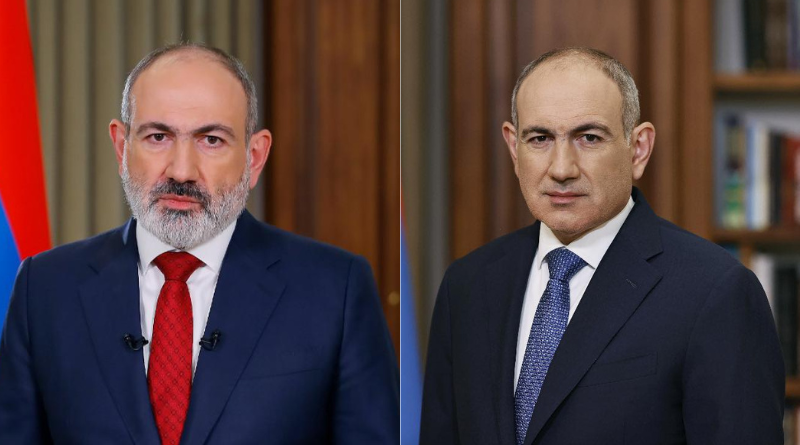
Why did Pashinyan shave?
Last evening, the Prime Minister of Armenia, Nikol Pashinyan, instead of, for instance, visiting the Shirak region, announcing upcoming diplomatic meetings, or making any significant political statements, he shaved.
In a country deeply immersed in numerous political, social, military, economic, and cultural issues, the Prime Minister’s act of shaving has sparked a flurry of interpretations. Some believed it was unwise to shave with winter approaching, others eagerly anticipated this event, while a few noted that he seemed to look younger.
But what does such a drastic change in appearance actually mean? Could it be a sign of impending change, a tactic to divert people’s attention, or simply a desire to look genuinely younger?
The beard is a symbol of wisdom and strength in Armenian culture. On the other hand, shaving can be interpreted as breaking ties with the past or a willingness to initiate change.
When a head of state changes their hairstyle or shaves their face, it can be interpreted in various ways. For example, depending on the time and public perceptions, it may be seen as a political gesture.
For example, the 16th president of the United States, Abraham Lincoln, grew a beard based on the advice of a young girl to appear more dignified and gain more votes. On the other hand, Saddam Hussein lost his former image and political influence after being captured, particularly with his long beard.
It may be hard to imagine which event inspired Nikol Pashinyan to make the decision to shave.
Psychologists note that leaders often change their appearance to control public perception during key moments for the state. In his book The Political Brain, Drew Westen discusses the importance of a politician’s change in appearance, emphasizing its direct impact on voters. Westen highlights that deliberate changes, such as altering one’s hairstyle or shaving the face, can be a way to emotionally influence voters’ perceptions.
There is a theory that growing a beard may signal a religious movement, while shaving could be a gesture of secularism. Given the recent political turmoil, it can be inferred that, in order to achieve political goals, leaders of movements largely choose a policy of not shaving.
Finally, what does Pashinyan’s decision to shave mean? Perhaps it is simply a result of a midlife crisis. Nevertheless, many political issues do not spark such interest. As mentioned earlier, many political gestures are inherently ambiguous. Ultimately, one question remains hanging in the air: what makes the public discuss the leader’s change in appearance in courtyards, public transport, and cafes, in the context of both internal and external urgent issues?
